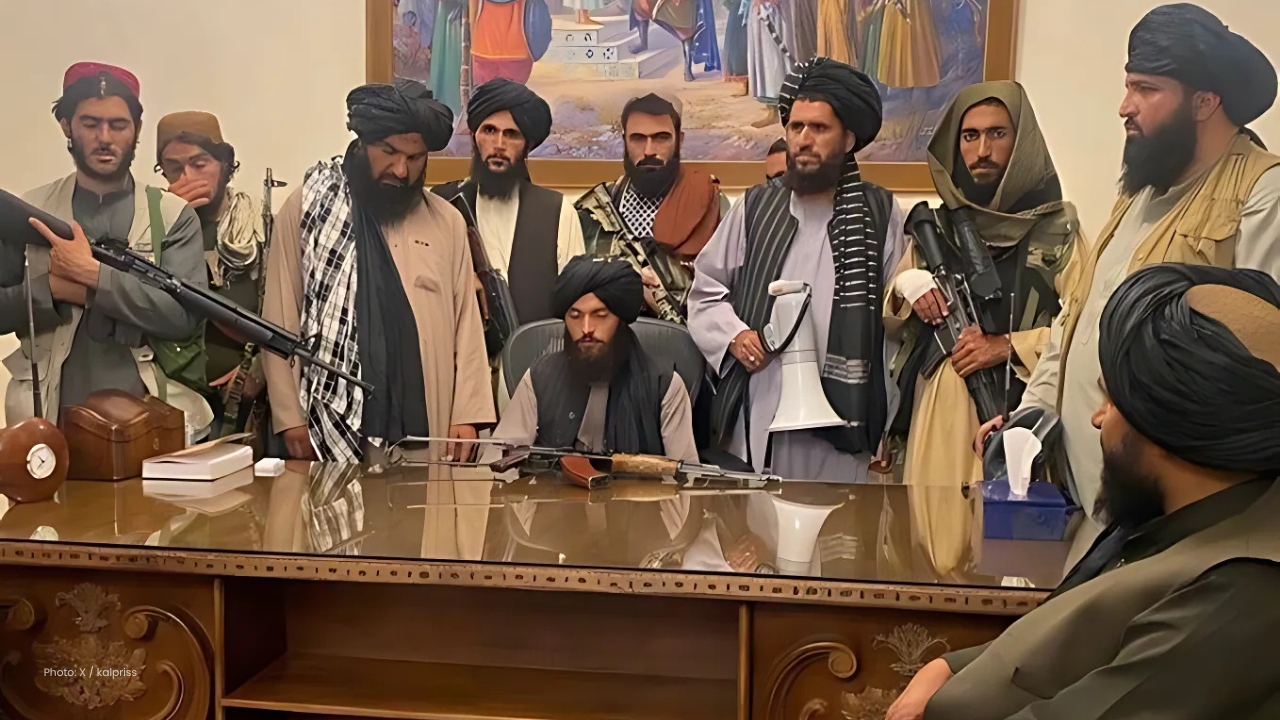
Post by : Naveen Mittal
The Taliban government in Afghanistan has introduced another set of strict rules for universities. Books written by women authors have now been banned from classrooms, along with 18 different subjects that officials claim go against their interpretation of Islamic law.
Around 680 books were marked as “concerning,” including 140 written by women. Even simple titles like Safety in the Chemical Laboratory have been removed from study material. A Taliban official said these books and subjects “conflict with Sharia and system policy.”
Since the Taliban returned to power four years ago, life has become harder for women and girls. They are not allowed to study beyond grade six. In 2024, even midwifery courses – one of the last chances for women to receive further education – were shut down.
Now, subjects that focus on women are also being removed. Out of the 18 banned courses, six are directly related to women, including:
Gender and Development
The Role of Women in Communication
Women’s Sociology
This means Afghan universities are cutting off not just opportunities for women to study, but also discussions about women’s role in society.
The Taliban has also targeted books from Iranian authors and publishers. Out of the 679 banned titles, 310 were linked to Iran. A member of the book review committee said the decision was made to stop the “infiltration of Iranian content” into Afghan education.
Relations between Afghanistan and Iran have been tense in recent years, with disagreements over water rights and Iran forcing more than 1.5 million Afghan refugees back across the border.
Zakia Adeli, a former deputy minister of justice in Afghanistan and one of the authors whose work was banned, said this move was expected.
“Given the Taliban’s views and actions over the past years, it is natural that women’s voices, ideas, and books would also be silenced,” she explained.
Professors at Afghan universities are worried about the impact. Many of the banned Iranian books were important for connecting Afghanistan’s education system with the wider academic world. Without them, lecturers fear a “huge gap in higher education.”
A Kabul University professor said teachers are now trying to write their own chapters for students, but admitted it is difficult to match global standards under Taliban rules.
The ban on books comes just days after another restriction. The Taliban’s supreme leader recently banned fibre-optic internet in at least 10 provinces. Officials claimed the move was to prevent “immorality.”
Together, these bans are making education and access to information extremely limited, especially for young people and women.
The Taliban insists it respects women’s rights according to Afghan culture and Islamic law. However, their version of rights has meant taking away nearly every educational opportunity for women and cutting off students from global knowledge.
Many Afghans, especially academics, now fear that universities will not be able to provide quality education or prepare students for the modern world. Without access to international books and courses, Afghanistan risks falling further behind in education and development.
#afghanistan #taliban #womensrights #educationban #humanrights #afghanwomen #highereducation #globalnews


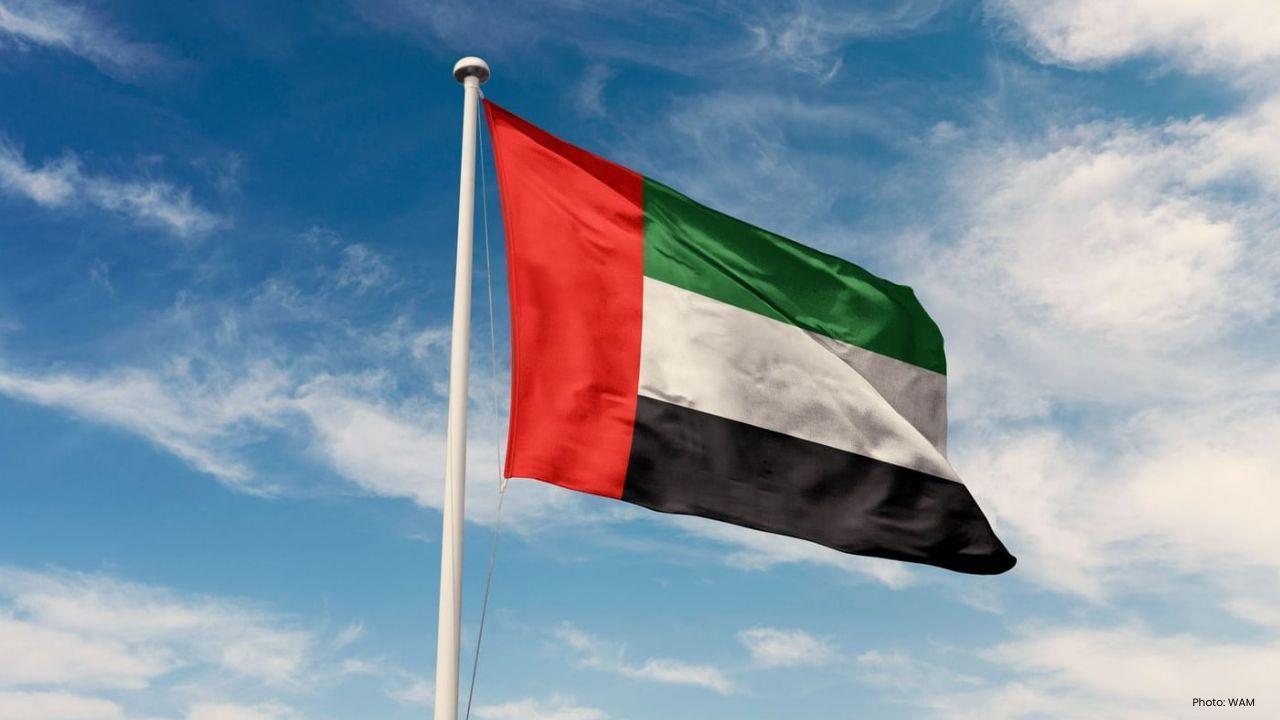
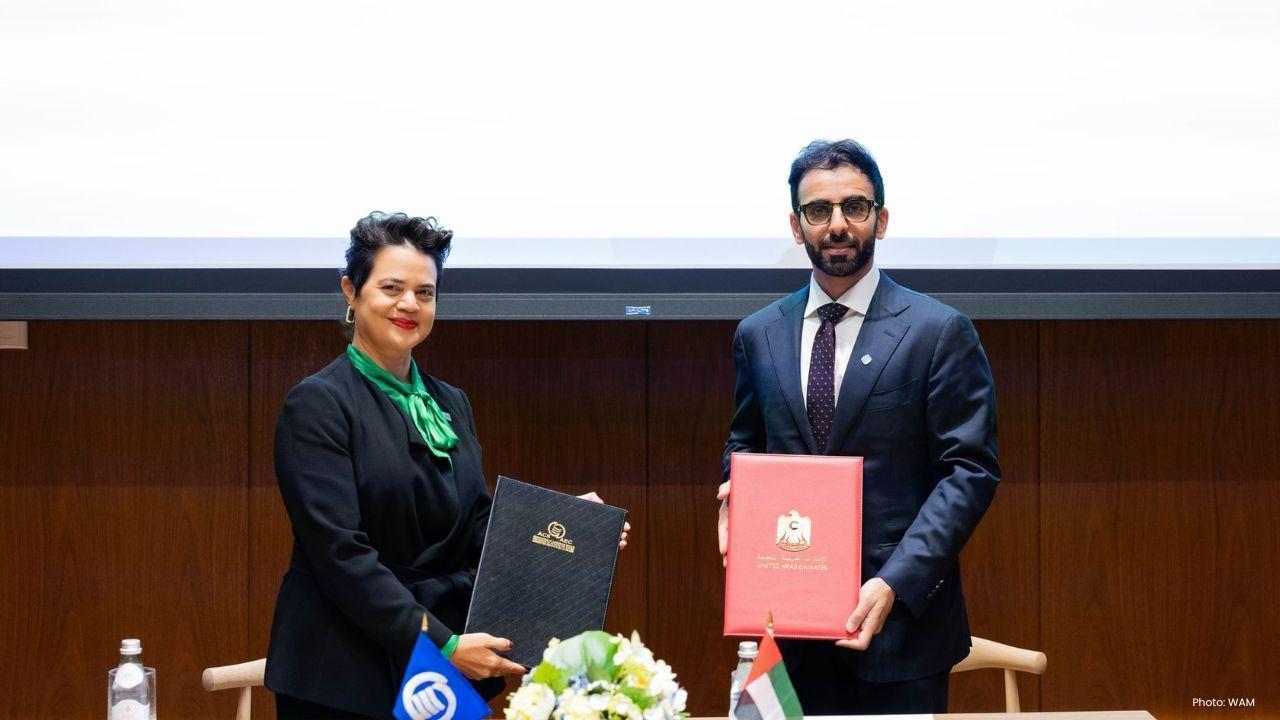


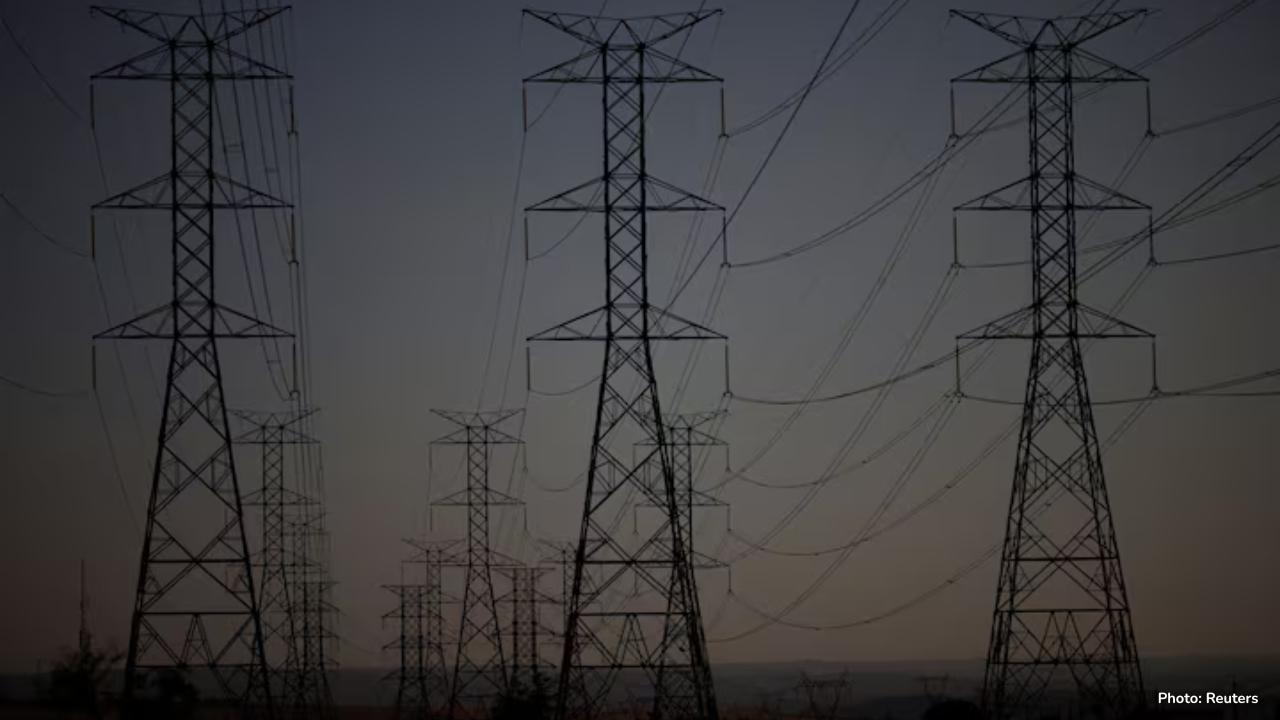

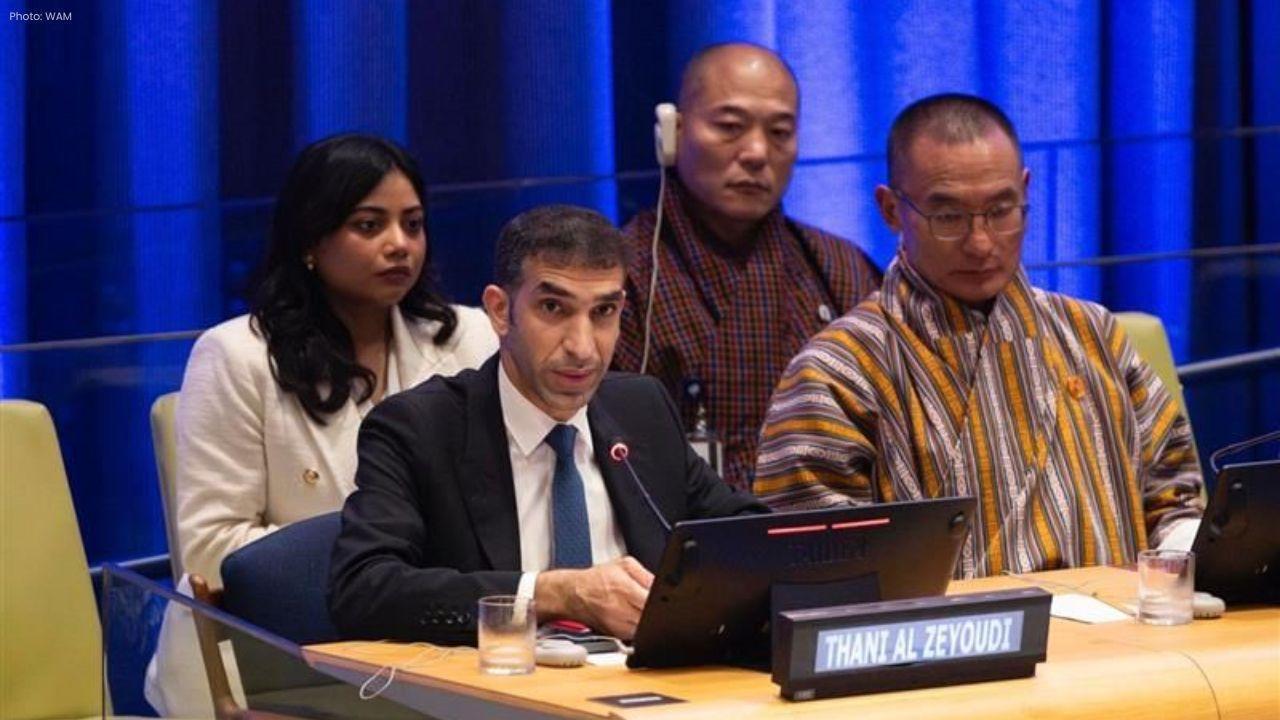

OpenAI's Revenue Soars to $4.3 Billion in First Half of 2025
OpenAI's revenue reaches $4.3 billion in the first half of 2025, marking a 16% increase from the pre

UAE Leaders Send Condolences to Saudi King Over Princess Abta's Death
UAE rulers and crown princes sent heartfelt messages to King Salman, mourning the passing of Princes

Brazil's Surplus Clean Energy Attracts Crypto Miners
Brazil's excess renewable energy is luring cryptocurrency miners. Companies like Tether and Renova E

Visa Tests Stablecoins to Make Global Payments Faster
Visa is testing stablecoins for international payments, aiming to speed up transactions and reduce t

Opera Unveils Neon AI Browser for Smarter Web Browsing
Opera introduces Neon, an AI-powered browser that automates tasks and enhances privacy, aiming to re

Albanese Visits Sheikh Zayed Grand Mosque in Abu Dhabi
Australian PM Albanese tours Sheikh Zayed Grand Mosque, highlighting peace, tolerance, and cultural